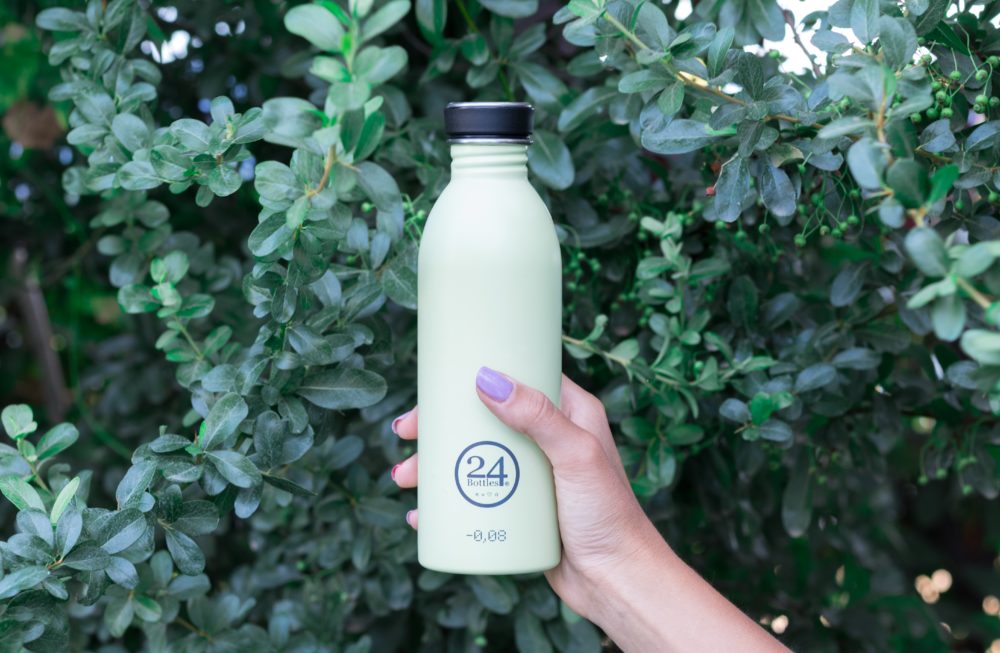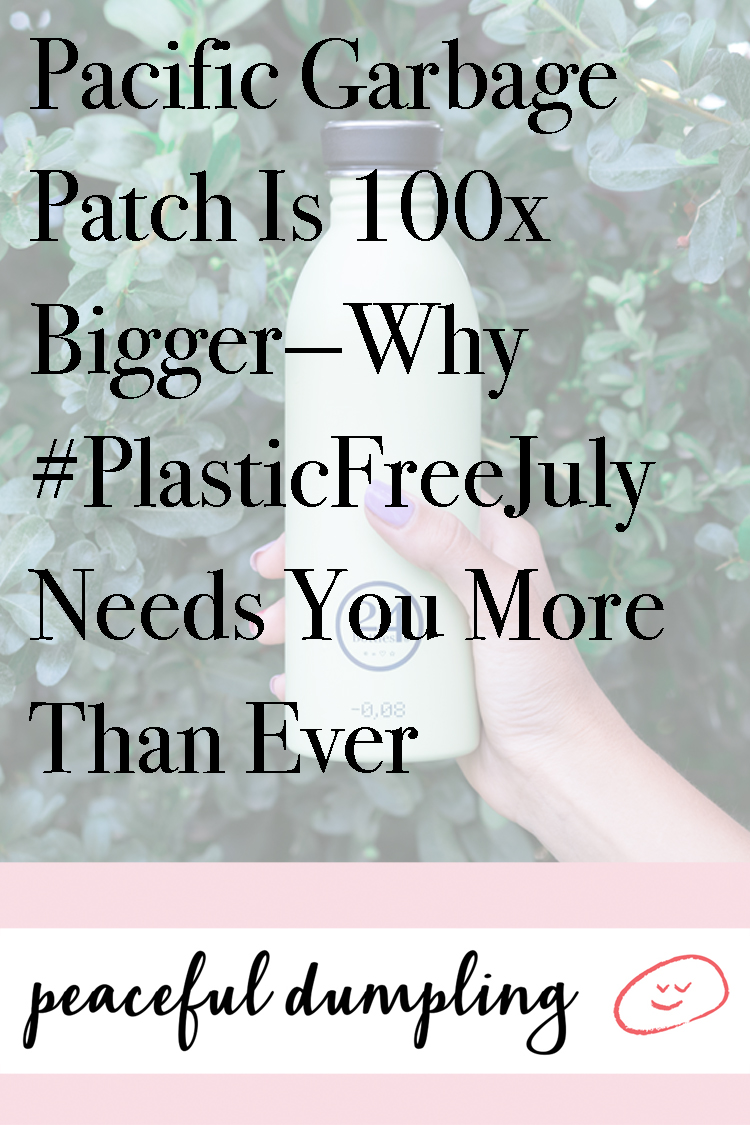
I grew up wanting to be an astronaut in hopes that I would eventually find us another planet to live on; that I would save us all from our rapidly deteriorating natural environment. Alas, as I have grown up an observer of the most recent discoveries in space exploration, I have noticed that our search for another planet has been fruitless thus far. I eventually accepted that there was likely no escape for us and so my focus shifted from new planetary discovery to environmental preservation; I changed my approach from flight to fight. In the spirit of Plastic-Free July, I urge us as a self-purported highly intelligent species to rethink our standing relationship with, and dependency on plastics and their derivatives.
We only have one Earth. Since space exploration officially began in October 1957, some of the greatest minds in science have dedicated their careers to gaining an increased understanding of the outside realm. They discussed spatial esoterics and the mysteries of the cosmos as a matter of discourse. They uncovered the atrocious beauties of the unknown, studied the intricacies of the interactions between perfect opposites themselves: darkness and light, gravity and weightlessness. These minds became familiar with the physical characteristics of matter-filled spaces as well as the great abyss. They wondered—like many of us—whether extraterrestrial life exists. They questioned whether another planet could sustain human life.
These minds— that are able to reconcile the laws of the physical sciences with the abstractions of budding hypotheses so that theory-based knowledge may be practically understood— have made varying, extensive attempts to find extraterrestrial life in locations where they collectively theorized it most likely existed. Though the effort to corroborate such a theory continues, it is a fact that to date, some of the most respected minds in science have not discovered another even remotely habitable planet. Therefore, for all we know, this Earth with its natural environment is the only home we have.
We also know that to date, we have not collectively been diligent stewards of the environment. For example, the flexibility-enhancing chemicals used in plastics, known as phthalates, have become a ubiquitous presence in our water. Many developed water treatment systems are not sufficient to remove all influent phthalates, so they remain present in effluent flows at low, mostly undetectable levels. We are fortunate enough that these phthalates are present at levels that are not expected to cause harm to humans; however, if we are not collectively careful about our future plastic consumption, this will not remain true.
One of the most jarring illustrations of the human dependency on plastics is found in The Great Pacific Garbage Patch. As the name suggests, this patch is a floating behemoth of improperly disposed-of garbage, brought together where global tides and currents coincide perfectly at this fateful final meeting place. The currents that meet at this location in the northern Pacific Ocean may have originated in Pacific locations as far east as California and as far west as Japan, perhaps illustrating broad trends in plastics handling globally. The Patch now includes an estimated, albeit unfathomable 79,000 to 87,000 tonnes of plastic and counting, making it about a hundred times as large as it was when it was first discovered in the 1970s. It continues to grow exponentially in size.
The continued growth of the Patch illustrates our growing dependency on plastic, despite our increased general awareness of its environmental harms.
Countless expository pieces on the state of the environment—much like this one— have already been written. Yet, the data suggests that we are still facing an environmental crisis. It seems that the reduced plastic consumption the environment needs to survive may only be realized upon the mass reconsideration of our views on concepts such as convenience and effortlessness: ideologies which while not inherently bad, are at the core of society’s penchant for overconsumption. Failing that, developed countries can implement a drastically improved recycling program whereby nearly all household wastes are recycled. This may seem like an unlikely feat but Sweden is already doing it.
On an individual level, it is imperative that disposable options are decided against as much as possible in our everyday lives; it is imperative that we intentionally open environmentally-conscious discussions at family gatherings and catch-up dinners with friends, with the purpose of encouraging people to adopt sustainable practices: buying glass water bottles, insisting on putting recyclable items in a recycling bin and not the garbage can, and never littering. The sooner all waste goes into their intended receptacles, the sooner we can mitigate its impact on the environment. So the motto for this Plastic-Free July is, put your waste in a bin, and the right bin at that. This way, the natural environment can remain plastic-free, since it is not equipped to process synthetic materials.

What are you doing to lead a sustainable lifestyle? Do you get any pushback trying to encourage those around you to be friendlier to the environment? Share with us in the comments below.
Also by Rebecca: Fatigue, Weakness? How To Avoid Anemia With 3 Iron-Rich Vegan Meals
Related: Newsflash: UK To Ban All Single-Use Plastics! Why This Matters
12 Ways To Minimize Your Plastic Footprint & Feel So Much Better About The Turtles
Get more like this—Subscribe to our daily inspirational newsletter for exclusive content!
__
Photo: Domenico Loia on Unsplash
